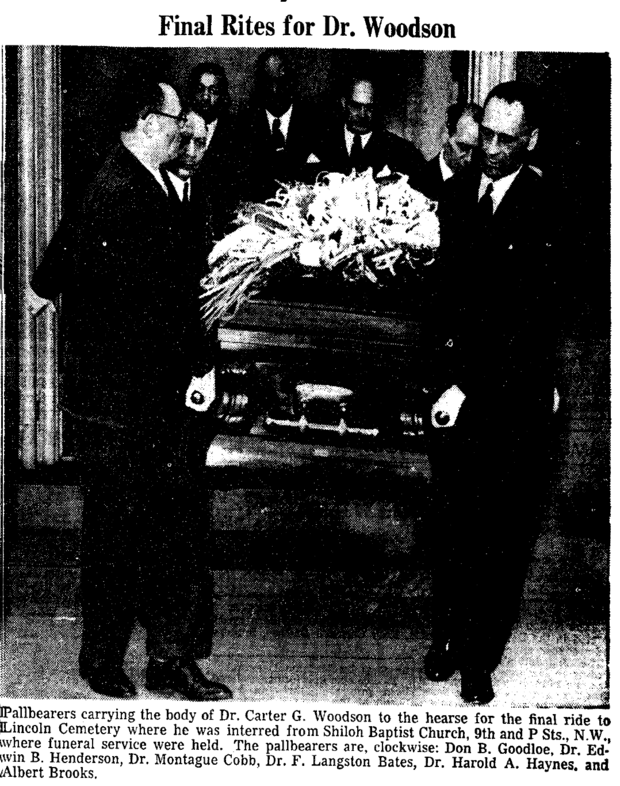Black History Month traces its origins to a Chicago YMCA
The seeds of Black History Month were planted on Chicago's South Side, in a former YMCA known as the Wabash Y. It was one of the only places Black people could stay in Chicago in the early 1900s, creating a hub of Black intellectuals and new city arrivals during the great migration.
A frequent guest was historian Carter G. Woodson, who was born to former slaves in 1875 in Virginia, and once worked in a coal mine before pursuing academics. He went on to graduate from the University of Chicago, and was the second Black person to earn a PhD from Harvard, after W. E. B. Du Bois.
"If these walls could talk, the stories that they would say would probably reshape history," urban historian Shermann Thomas told CBS News.
In 1915, inspired by the Chicago celebration marking 50 years of emancipation, Woodson organized a meeting at the Wabash Avenue YMCA to create the Association for the Study of Negro Life and History.
"And that association decided to come up with Negro Achievement Week, which is the precursor to Black History Month," Thomas said. "But it happened right here in this building."
Thomas — a South Side native who goes by Dilla — gives bus tours on Chicago history and has a big social media following. In a recent social media post, he explained why Black History month is in February.
"Because it contained the birthday of Lincoln and the made-up birthday of Frederick Douglas," Thomas said.
Woodson and his peers chose the second week in February to honor Lincoln and Douglas.
Woodson's association also created the Journal of Negro History and provided materials for schools to teach Black history — lessons that sometimes took place in secret.
"I think there are a lot of parallels comparing what's happening now with the banning of Black history books, and what Dr. Carter G. Woodson was attempting to do...trying to not use the lessons of the past to shame anyone, but to make sure we don't repeat those same mistakes," Thomas said.
Evelyn Brooks Higginbotham, a Harvard professor of history and African American studies, said Woodson inspired her life's work. Her father worked with Woodson — who never married or had children --- and was so close to Woodson, that he was a pallbearer at Woodson's funeral in 1950.
She said Woodson, now considered as the father of Black history, was known as a stickler for perfection and for his doggedness.
"Black history had been written before Carter G Woodson," Higginbotham said. "What Carter Woodson did, which no one else did, was to start a movement, a movement that would comprise the entire nation."
In 1976, Woodson's Association for the Study of African American Life and History expanded the week to a month. A decade later, Congress designated February as Black History Month, the result of decades of work that started with that 1915 meeting held by Woodson.
"For him the idea of a week was never a week," Higginbotham said. "The idea of a month was never a month as we have it now. it was always 365 days, with all of the different activities. He was a builder. He brought people together."
"I think he'd be very proud of the history that we've made," Thomas said. "I think he would agree that we still have a little ways to go."








